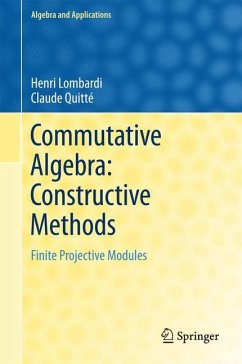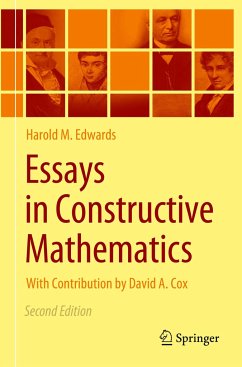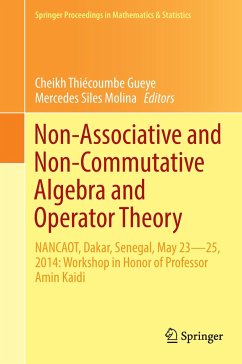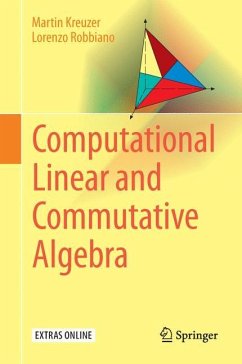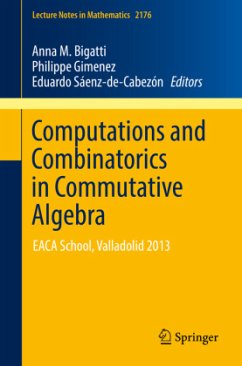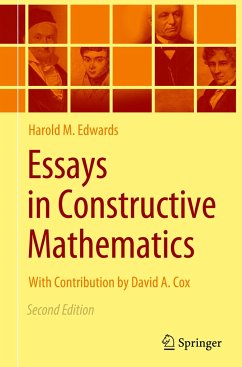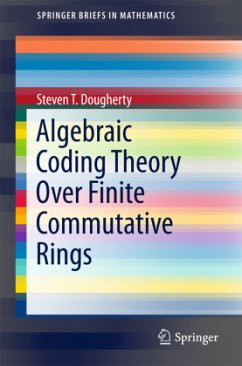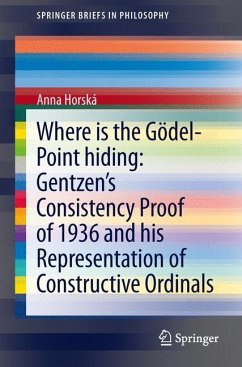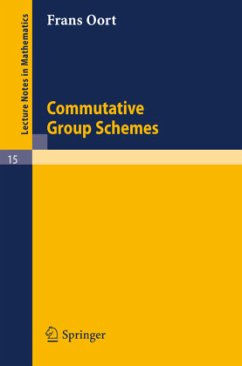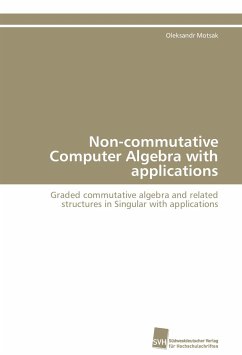
Constructive Commutative Algebra
Projective Modules Over Polynomial Rings and Dynamical Gröbner Bases

PAYBACK Punkte
21 °P sammeln!
The main goal of this book is to find the constructive content hidden in abstract proofs of concrete theorems in Commutative Algebra, especially in well-known theorems concerning projective modules over polynomial rings (mainly the Quillen-Suslin theorem) and syzygies of multivariate polynomials with coefficients in a valuation ring.Simple and constructive proofs of some results in the theory of projective modules over polynomial rings are also given, and light is cast upon recent progress on the Hermite ring and Gröbner ring conjectures. New conjectures on unimodular completion arising from ...
The main goal of this book is to find the constructive content hidden in abstract proofs of concrete theorems in Commutative Algebra, especially in well-known theorems concerning projective modules over polynomial rings (mainly the Quillen-Suslin theorem) and syzygies of multivariate polynomials with coefficients in a valuation ring.
Simple and constructive proofs of some results in the theory of projective modules over polynomial rings are also given, and light is cast upon recent progress on the Hermite ring and Gröbner ring conjectures. New conjectures on unimodular completion arising from our constructive approach to the unimodular completion problem are presented.
Constructive algebra can be understood as a first preprocessing step for computer algebra that leads to the discovery of general algorithms, even if they are sometimes not efficient. From a logical point of view, the dynamical evaluation gives a constructive substitute for two highly nonconstructive toolsof abstract algebra: the Law of Excluded Middle and Zorn's Lemma. For instance, these tools are required in order to construct the complete prime factorization of an ideal in a Dedekind ring, whereas the dynamical method reveals the computational content of this construction. These lecture notes follow this dynamical philosophy.
Simple and constructive proofs of some results in the theory of projective modules over polynomial rings are also given, and light is cast upon recent progress on the Hermite ring and Gröbner ring conjectures. New conjectures on unimodular completion arising from our constructive approach to the unimodular completion problem are presented.
Constructive algebra can be understood as a first preprocessing step for computer algebra that leads to the discovery of general algorithms, even if they are sometimes not efficient. From a logical point of view, the dynamical evaluation gives a constructive substitute for two highly nonconstructive toolsof abstract algebra: the Law of Excluded Middle and Zorn's Lemma. For instance, these tools are required in order to construct the complete prime factorization of an ideal in a Dedekind ring, whereas the dynamical method reveals the computational content of this construction. These lecture notes follow this dynamical philosophy.





